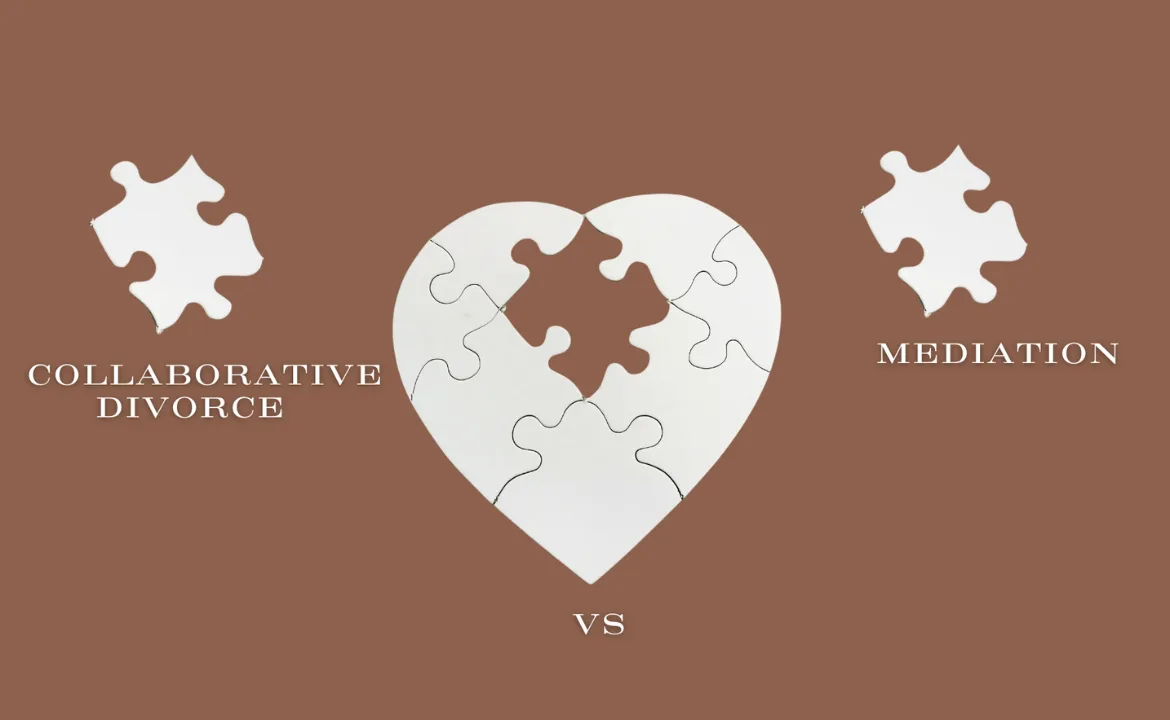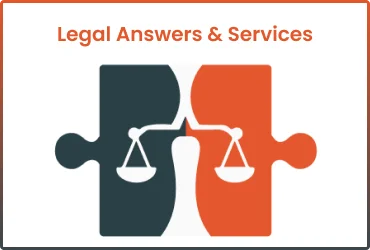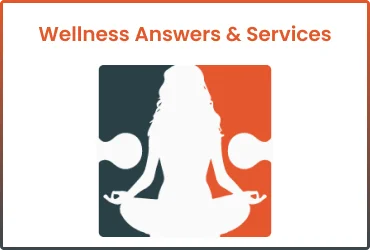When going through child custody mediation, it is crucial to watch what you say. This guide will help you do that and help you understand the types of comments and topics to avoid so you can keep the mediation process positive and productive.
A child custody dispute is filled with stress and anxiety. This is why you must prepare yourself for the emotional challenges you will likely face. Do your best to be as positive as possible, and with your lawyer’s counsel, mediation can lead to an acceptable resolution for both parents.
Remember, the goal is to work out the best possible arrangement for your child and maintain a good co-parenting relationship.
Let’s break down the types of statements you should avoid and look at more effective ways to communicate as you prepare for your child custody mediation session:
Understanding Child Custody Mediation
The mediator’s role of fostering a neutral ground for discussion is crucial. The mediator aims not to make decisions but to help parents reach a consensus that favors the child’s welfare and respects the parental rights.
During a mediation session, it is essential to remain focused on resolving child custody disputes with as little conflict as possible. This approach not only promotes the child’s best interests but also fosters a cooperative and workable co-parenting relationship. One that could result in a fair and workable co-parenting plan.
What Not To Say In Child Custody Mediation
An essential goal of mediation is maintaining a positive and productive environment that focuses on your child’s best interests.
This means avoiding personal attacks and unreasonable demands of the other spouse. Engaging in spiteful behavior can disrupt and derail the mediation process. This includes saying things at the mediation that reveal your intent to manipulate the children against the other parent.
Here are some things you should avoid saying if you want to have a productive and successful mediation.
Crucial Phrases and Topics to Avoid
The language used in mediation can significantly influence the process’s atmosphere and outcome.
Here are five specific types of statements you should avoid at all costs:
Blaming or Accusing:
Saying things like “You always ignore the kids” or “You never do what’s right” can make the other parent defensive and shut down productive conversation. These kinds of accusations can lead to arguments instead of solutions.
Bringing Up Old Conflicts:
Mediation should be about your child’s future, not past problems. Avoid bringing up old issues that don’t help solve the current situation.
Ignoring the Other Parent’s Concerns:
If you dismiss the other parent’s worries with comments like, “You’re just overreacting,” it won’t help. It’s essential to listen and show that you value their perspective.
Making Threats:
Saying things like, “You’ll never see the kids again if you do that…” can instantly shut down the mediation process and destroy whatever good faith cooperation you may have already established in the mediation.
Putting Down the Other Parent:
Negative comments about the other parent’s parenting skills or the quality of that parent’s relationship with the child will anger the other parent and alienate the child from that parent. Parent alienation is strongly disfavored by divorce courts and has been proven to be harmful to the child’s emotional development. It will also likely damage your chances of creating a fair and workable co-parenting plan.
Statistic: Settlement Rates: A significant 86% of cases where both parents have legal representation reach a settlement, highlighting the effectiveness of mediation in conjunction with legal counsel.
How to Communicate Effectively
Now that you know what not to say, here are some tips on how to communicate constructively in your mediation:
Use Positive and Constructive Language
Instead of pointing out negatives, try to talk about things positively. For example, instead of saying, “You don’t take the kids to school,” you could say, “It would be great if you could help take them to school more often.”
Recognize Good Things
Acknowledging the other parent’s strengths, such as “I really appreciate how you always help with their homework, ” will create a more positive environment and make it much easier to work things out.
Focus on Solutions
Talk about what you agree on and how you can work together to support your child’s emotional well-being.
Discuss Child Support Fairly
Discussing child support openly and fairly during mediation is crucial to ensuring your child’s financial needs will be met and that both parents have contributed positively to that goal.

Preparing for Mediation
Being well-prepared for mediation can make a big difference in achieving a successful outcome. Here are some ways you can prepare yourself for a child custody mediation:
Understand Your Rights
Knowing your rights and responsibilities will help you be focused and make more informed decisions.
Set Clear Goals Before The Mediation
Think about what’s most important for your child’s well-being and what you’re willing to compromise on.
Listening To Your Lawyer
While mediation isn’t a court battle, you should always take your lawyer’s advice seriously. Your lawyer is there to protect your interests and ensure you make fair and informed decisions.
This is especially important when crafting a child custody agreement during mediation, as it ensures the best outcome for your child’s future.
Remember the Benefits of Mediation
Remember that mediation is less stressful and costly than going to court, but it also allows both parents to create their own parenting plan that works for both parents and, most importantly, will serve your child’s best interests.
Reach a Fair Agreement
Reaching a fair and well-thought-out child custody agreement is essential for ensuring the stability and well-being of your child.
Therefore, it is crucial to approach child custody mediation with cooperation and a willingness to compromise.
Statistic: Prevalence of Mediation Use: Approximately 51% of divorcing parents utilize mediation to resolve custody disputes, making it the most common alternative dispute resolution method.
Avoiding Common Mistakes
Stay Calm and Respectful
Keep interactions with the other parent respectful. Avoiding conflict and not interrupting will show the mediator that you are negotiating in good faith and can effectively co-parent.
Focus on Parenting
Discuss only issues relevant to your child’s future and well-being. Bringing up unrelated marital issues will likely sidetrack the mediation and create unnecessary delay and frustration.
Use Inclusive Language
Always refer to the children as “our” rather than “my” to emphasize shared parental responsibilities and interests. This shows a commitment to co-parenting and is viewed favorably by mediators.
Manage Your Emotions
If discussions become heated or you get upset, it’s a good idea to ask for a brief break during the session. Keeping your emotions in check helps maintain a fair and constructive environment.
Avoid The Blame Game
While it’s essential to bring up and discuss serious concerns, framing these issues to focus on the children’s needs rather than blaming the other parent helps keep discussions productive.
Prioritize Your Children’s Needs
Remember, the mediation is about your children’s best interests, not asserting your rights. Focus discussions on what arrangements will most benefit them.
Dress Appropriately
How you present yourself is important. Dress as you would for a professional meeting. This will convey respect for the process and seriousness about your parental role.
Don’t Make Hasty Decisions
Be sure to understand the full implications of the marital settlement agreement before signing. If you still have questions or concerns, ask your attorney to explain anything that remains unclear to you. Your attorney will help walk you through the entire agreement.
Maintain Appropriate Demeanor
Avoid using body language that could be perceived as aggressive or intimidating, such as leaning forward or staring. Such behaviors can be counterproductive.
Come Prepared – Bring Your Documents
Organize and bring the necessary documentation that supports your case. This may include:
Financial Records: Your financial stability and ability to support your child are crucial. Bring bank statements and other proof of income and expenses.
School Records: Show your involvement in your child’s education with recent report cards and teacher notes.
Medical Records: If your child has medical conditions, having their health records ready will demonstrate your attentiveness to their needs.
Communication Logs: Documentation of your communications with the other parent can illustrate your efforts in co-parenting and any challenges you’ve faced.
Bottom Line
A successful child custody mediation is possible when both parents commit to honest, respectful dialogue and prioritize their children’s best interests.
In child custody mediation, being mindful of how you communicate by avoiding unhelpful statements and focusing on positive, constructive communication can help you work towards an arrangement that benefits your child and maintains a healthy co-parenting relationship.
Frequently Asked Questions About Child Custody Mediation
When mediation is not appropriate?
Mediation may not be suitable when there is a history of domestic violence or abuse, one parent is unwilling to participate, or there is a serious mental health issue that is playing out.
In such cases, involving the court system and seeking legal guidance may be necessary.
How long does mediation typically take?
The length of mediation can vary depending on the complexity of the custody issues and the level of the parents’ cooperation. Sessions can last from a couple of hours to several days, and sometimes, they are spread over several weeks.
What if we can’t reach a mediated agreement?
If an agreement isn’t reached during mediation, the case may need to be settled in court. However, the mediator can help by identifying the unresolved issues and suggesting further steps that might lead to a resolution.
Is the mediator the same as a judge?
A mediator does not make decisions like a judge. Instead, the mediator’s role is to facilitate discussion and help both parties find common ground. It’s a collaborative process, not an adversarial one.
Are the agreements made in mediation legally binding?
Agreements reached in mediation will be legally binding if both parties consent and the agreement is formalized by the attorneys and turned into a court order.
Be sure to take the time to review the agreement with your lawyer before signing.
Can I bring someone with me to the mediation?
Generally, mediation involves only the parents, their respective lawyers, and the mediator.
Top 3 Misconceptions About Child Custody Mediation
Misconception #1: The mediator will decide the custody arrangement.
Reality: The mediator facilitates discussions but does not have the authority to decide custody. The goal is for both parents to agree on a plan.
Misconception #2: Mediation is only about custody.
Reality: Mediation can cover various parenting issues, including visitation schedules, financial support, and schooling arrangements.
Misconception #3: You don’t need a lawyer in mediation.
Reality: Having legal advice is crucial. While mediation isn’t court, lawyers can help you understand your rights and ensure the agreement is fair and legally sound.
Top 3 Fears Related to Child Custody Mediation
Fear #1: The other parent will manipulate the mediator.
Reality: Mediators are trained to remain neutral and will not be swayed by emotional tactics or manipulation. Their role is to ensure a fair process.
Fear #2: Mediation will drag on forever without resolution.
Reality: While the duration depends on the case’s complexity, most mediations are time-limited and structured to keep progress on track.
Fear #3: Mediation means I have to see my ex frequently.
Reality: Mediation sessions are typically structured with the mediator facilitating discussions, so face-to-face confrontations can be minimized.
Legal Tip
For more information on child custody mediation, consult an experienced divorce lawyer in your area.




















